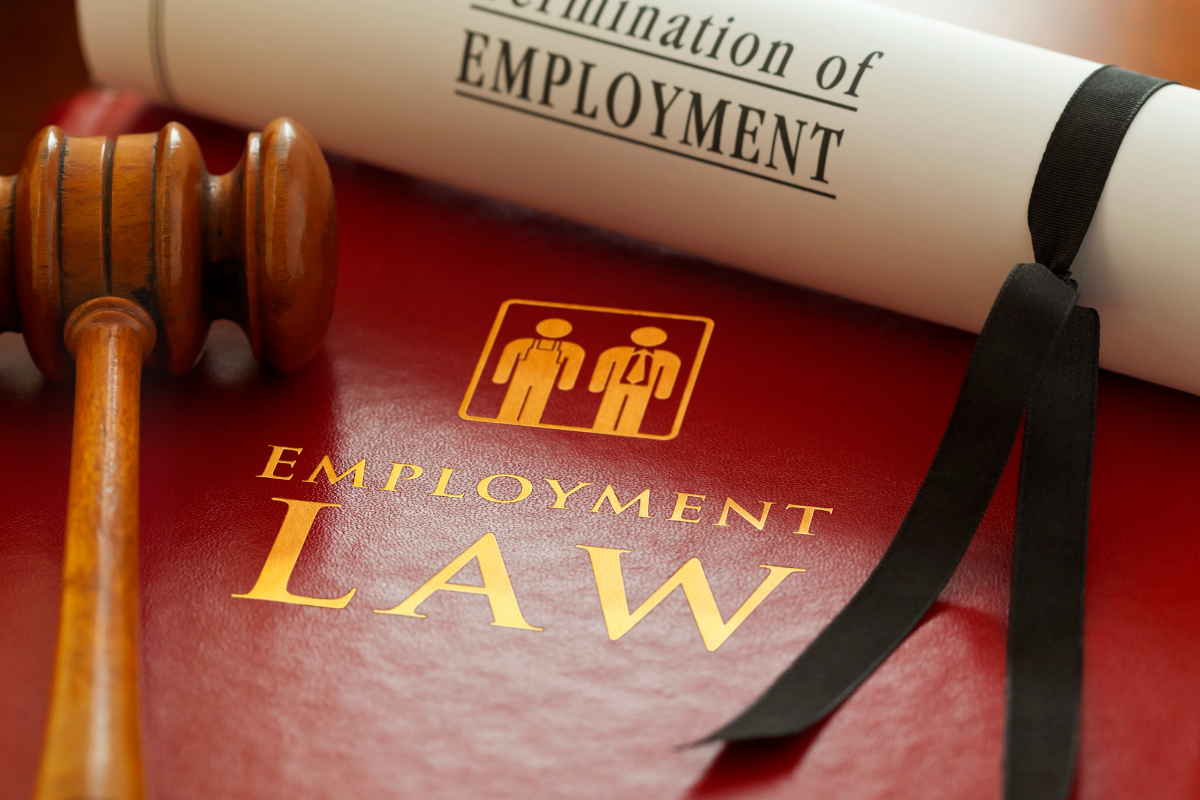As a worker in Canada, it is crucial to understand your rights and responsibilities under employment law. This knowledge can empower you to navigate your workplace effectively and protect yourself against potential violations. This article delves into key aspects of employment law in Canada, including rights related to termination, discrimination, and workplace safety.
1. Employee vs. Independent Contractor
One of the first distinctions to understand is the difference between an employee and an independent contractor. Employees typically enjoy more protections under labor laws, such as minimum wage, overtime pay, and benefits. Independent contractors, on the other hand, operate as self-employed individuals and do not have the same entitlements. Understanding your classification can impact your rights in the workplace significantly.
2. Right to Fair Compensation
In Canada, employees are entitled to receive fair compensation for their work. This includes adhering to minimum wage laws set by provincial and federal governments. Employers must also comply with regulations regarding overtime pay and must provide employees with a written statement outlining their pay structure. If you believe your compensation is unjust, it is essential to address this with your employer or seek legal counsel.
3. Protection Against Discrimination
Canadian employment law prohibits discrimination in the workplace based on various factors, including race, gender, age, sexual orientation, and disability. Employers must create a safe and inclusive environment for all employees. If you experience discrimination or harassment, it is important to report it to your employer or a relevant authority. Documenting incidents and seeking support from advocacy organizations can also be beneficial.
4. Wrongful Dismissal
If you are terminated from your job without just cause, you may have grounds for a wrongful dismissal claim. In Canada, employers must provide reasonable notice or pay in lieu of notice when terminating an employee's contract. The length of notice required varies based on factors such as the employee’s length of service and position. Understanding your rights in the event of termination is critical for protecting your interests.
5. Workplace Safety
The Occupational Health and Safety Act in Canada outlines employers' responsibilities to provide a safe working environment. Employees also have the right to refuse unsafe work. If you believe your workplace is unsafe or poses health risks, report your concerns to your employer and, if necessary, to occupational health authorities. Ensuring workplace safety is a shared responsibility between employers and employees.
Conclusion
Understanding employment law is vital for every worker in Canada. Knowledge of your rights regarding compensation, discrimination, termination, and workplace safety can empower you to advocate for yourself effectively. If you find yourself facing issues related to employment law, consider seeking advice from a legal professional who specializes in this field. Protecting your rights at work is essential for a fair and equitable workplace.

